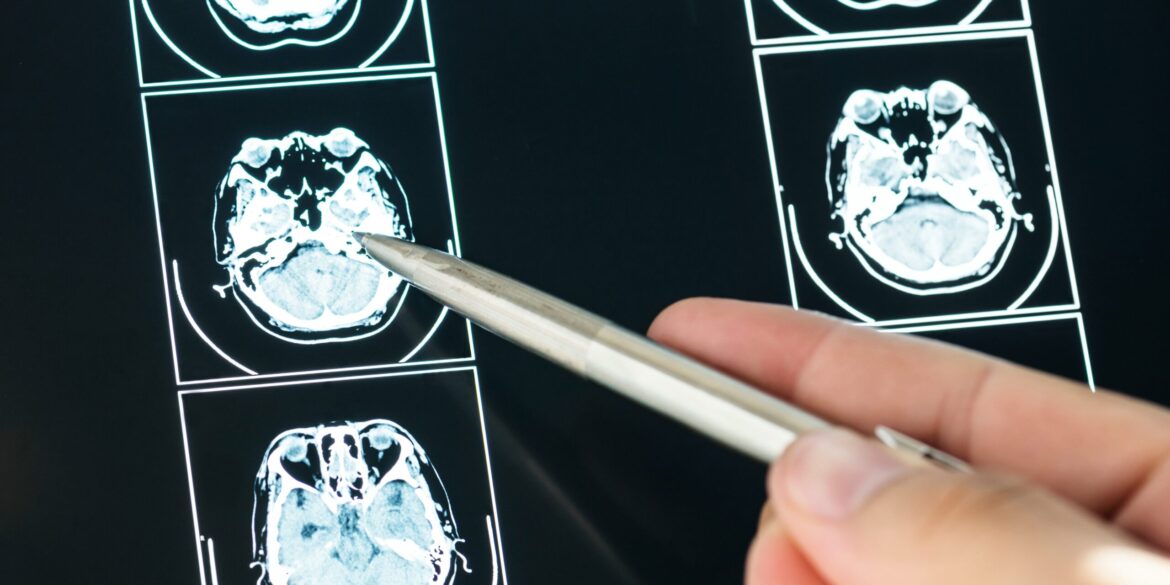In a groundbreaking development for both artificial intelligence (AI) and neurology, Mayo Clinic researchers have unveiled an AI tool capable of detecting nine different types of dementia from a single brain scan with remarkable accuracy. This innovation marks a major milestone in the fight against dementia and represents a significant leap forward in early diagnosis and personalized medicine.
A Leap in Diagnostic Precision
Dementia, a broad term used to describe a range of cognitive impairments, often presents itself in different forms, including Alzheimer’s disease, vascular dementia, and frontotemporal dementia. Each type requires distinct treatment approaches, making accurate diagnosis critical for effective patient care. Historically, diagnosing the exact type of dementia could be difficult and time-consuming, often relying on a combination of medical history, cognitive tests, and invasive procedures like biopsies.
The new AI system, developed by a team of researchers at the Mayo Clinic, uses advanced machine learning algorithms to analyze brain scans for patterns and anomalies associated with various forms of dementia. By examining brain imaging, the tool can detect subtle changes in brain structure that indicate the presence of specific dementia types. This tool is trained on a massive dataset of brain scans from thousands of patients, allowing it to recognize the nuances of different dementia conditions with incredible precision.
How the AI Tool Works
The AI system works by processing brain scans taken through magnetic resonance imaging (MRI) or positron emission tomography (PET) scans. Using advanced algorithms, the tool analyzes these scans for signs of disease progression, including changes in the size and shape of certain brain regions. These indicators help the AI system determine the type of dementia present, distinguishing between conditions such as Alzheimer’s, Lewy body dementia, or frontotemporal dementia, which often share overlapping symptoms but require different management approaches.
The ability to identify the specific type of dementia early on is crucial, as it allows doctors to tailor their treatment plans more effectively. Early diagnosis also enables patients to take part in clinical trials and access emerging treatments that may slow disease progression.
Implications for the Future of Dementia Care
The application of AI in the medical field is becoming increasingly important, and this tool is a prime example of how AI can enhance diagnostic accuracy and speed. Early diagnosis can have a significant impact on treatment outcomes, particularly in the case of diseases like Alzheimer’s, where early intervention has been shown to slow the progression of symptoms.
Furthermore, AI’s growing role in personalized medicine means that treatment plans can become more individualized, accounting for the unique characteristics of each patient’s condition. For dementia patients, this could mean better symptom management, improved quality of life, and a more focused approach to care.
A Step Toward Transforming Neurology
This development not only represents a significant leap in dementia diagnosis but also serves as a testament to the growing role of AI in healthcare. As AI continues to evolve, we can expect more tools like this one to emerge, helping doctors diagnose and treat a variety of conditions with unprecedented accuracy.
With further refinement and widespread adoption, AI tools like the one developed by Mayo Clinic could become standard practice in neurology, revolutionizing the way we approach the diagnosis and management of dementia and other cognitive diseases.

